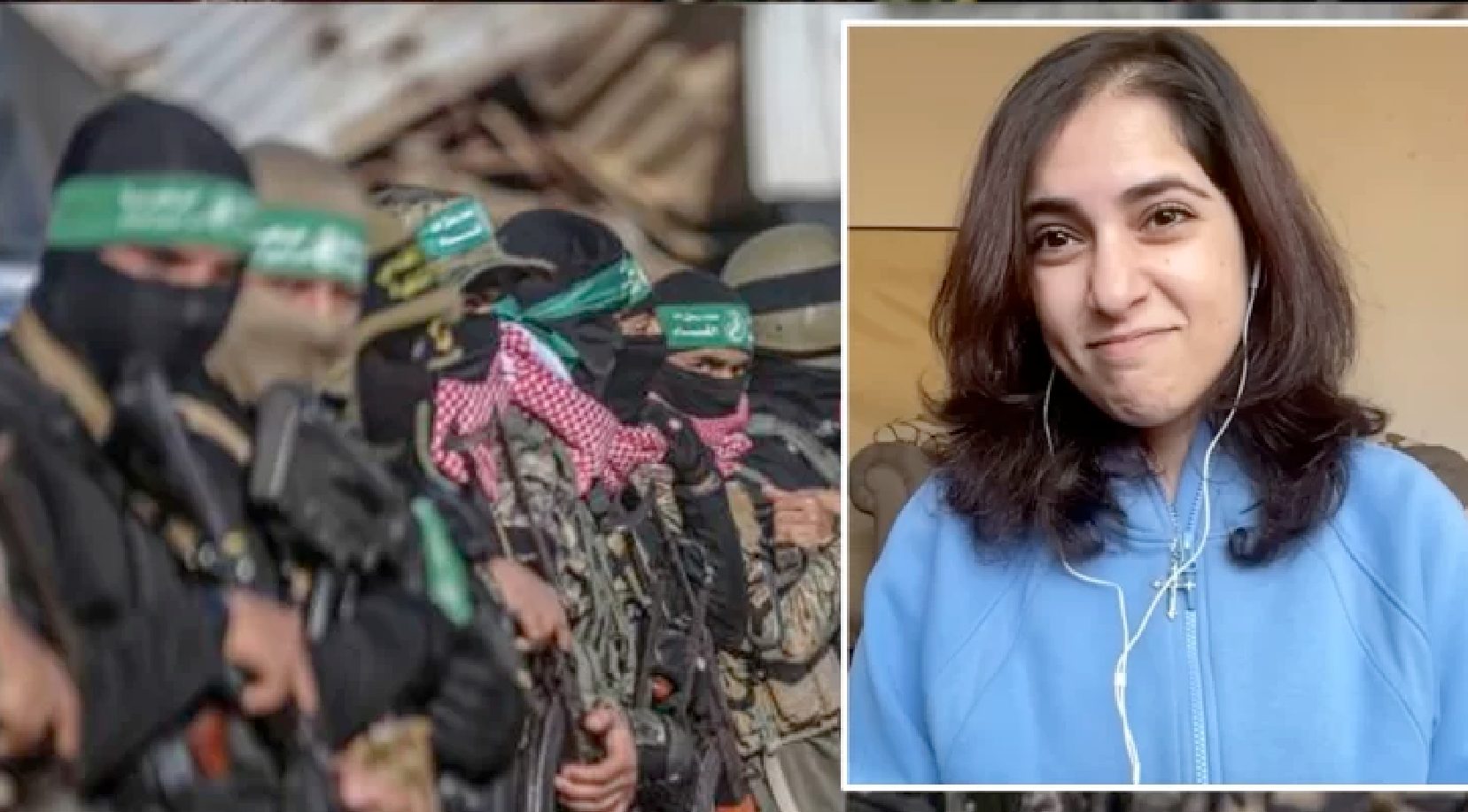Mission
uman Al Qawasmi, daughter of one of the founders of the Hamas terrorist group and ex-wife of one of the leaders of the Islamic group Hamas
Between 2012 and 2014, she experienced moments of intense fear. In particular, she recounts that the Israeli Defense Forces warned of an imminent bombing in her neighbourhood: that night, as her family fled, she prayed in a very personal way: «God, if you exist, I want to know you, I want you to save me.»
(ZENIT News / Rome, November 23, 2025) – Juman Al Qawasmi, daughter of one of the founders of the Hamas terrorist group and ex-wife of one of the leaders of the Islamic group Hamas, grew up immersed in a political and religious culture marked by conflict, hatred towards Jews and Christians, and even towards Islamic groups different from her own.
During her adolescence and early adulthood, Juman attended an educational program where students were taught that their loyalty should lie with the Hamas cause. According to her, she was taught to view Jews and Christians as enemies and as a religious threat.
The turning point in her worldview began after 2007, when Hamas took control of Gaza. In her testimony, she describes how until then Jews and Palestinians lived in peace, but at that time she witnessed acts of violence, even against Palestinians, as the group consolidated its power.
These experiences fuelled a deep unease. Juman began to question not only the doctrine, but also the way her family and her political movement exercised authority. «It wasn’t allowed to ask questions in Islam,» she stated.
Between 2012 and 2014, she experienced moments of intense fear. In particular, she recounts that the Israeli Defense Forces (IDF) warned of an imminent bombing in her neighbourhood; that night, as her family fled, she prayed in a very personal way: «God, if you exist, I want to know you, I want you to save me.»
After that plea, Juman recounts an experience that changed the course of her life: in a dream, she saw her mother, who had died some time before; they were sitting on a balcony watching the moon. The moon grew larger, and she saw the face of Jesus in the moon, who spoke to her in Arabic: «I am God, Jesus. You are my daughter; do not be afraid.»
She had never heard the name «Jesus» before, as in her Muslim context he is known as «Isa,» one of the prophets in the Quran, nor had she had any contact with Christians. But that vision awakened in her an unknown inner peace.
Motivated by that experience, she sought more information. She found a Christian website in Arabic, where she read a message that caught her attention: «Love your enemies.» This teaching seemed completely opposite to what she had been taught since childhood; enemies were to be killed, not loved, and that’s what made her realize she was facing a different God than the one she had been taught about in Islam.
Through that website, she made contact with other believers, began to read the Bible, and delved deeper into the new faith until finally, she decided to convert to Christianity.
In addition to her spiritual conversion, Juman has made explicit criticisms of Hamas. She states that the group not only preached fighting against Israel but also governed through fear and oppression of the Palestinian people themselves.
The young woman also explains how Hamas used funds sent to Gaza to build tunnels that replaced shelters for civilians and children used as human shields.
«Hamas doesn’t defend Gaza; Hamas is the enemy of Gaza,» she emphasizes. «It teaches children to hate, to fight, it fills their heads with violence. But truth is not born from hatred.» And she concludes: «Jesus loves Muslims, he loves them deeply and wants to liberate them.»
Today, Juman affirms that her identity is no longer defined by her family lineage or her past in Hamas, but by her new relationship with God: she describes herself as «a daughter of the living God.»
View all articles
If you liked this article, support ZENIT now with a donation
Homily of Pope Leo XIV on the Solemnity of Our Lord Jesus Christ, King of the Universe, and Jubilee of Choirs and Musicians
Address of the Pope to the Members of the Council of Caritas Internationalis
